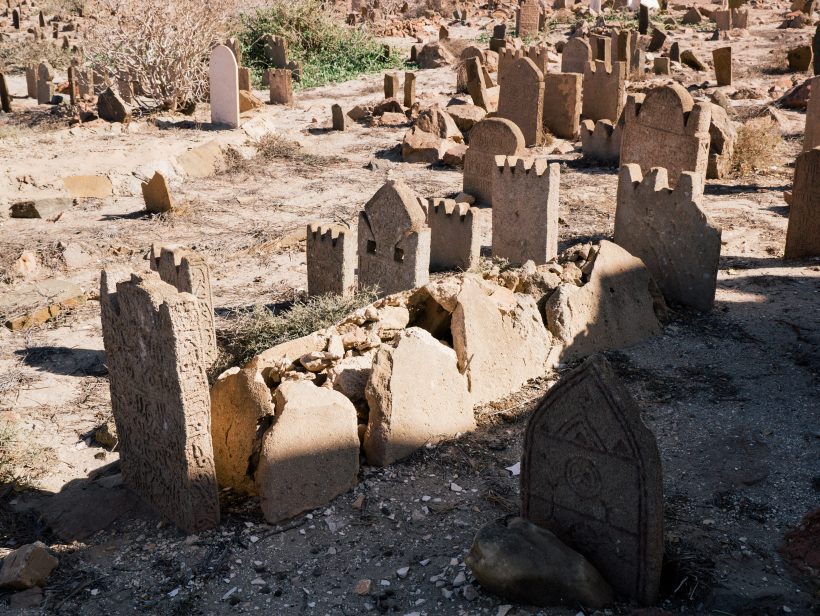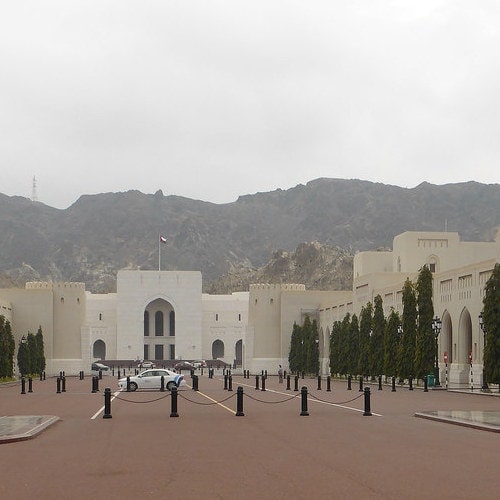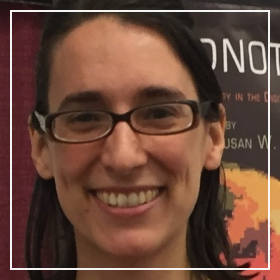The Omani government has silenced requests to reveal the location of the graves of executed insurgents from the Dhufar war 1965-1975. Thwarted claims-making under authoritarianism leads to these insurgents’ double disappearance: they have disappeared physically and from public discourse. Nevertheless, they have not disappeared from popular memory.
In April 2016, Omani writer, film critic and human rights activist Abdullah Habib wrote a post on Facebook that would lead to the Omani government arresting and imprisoning him. Habib suggested that forty years after Oman’s government had defeated the Marxist insurgency in the southern Dhufar region, it was time for the government to reveal the location of graves of executed revolutionaries.
Habib’s arrest shows how sensitive the Dhufar war remains in Oman. The 1965-1975 conflict saw Oman’s army and allies wage a counter-insurgency campaign against Dhufar’s liberation movement. The Front began in 1965 as an opposition movement contesting Britain’s protégé, Sultan Said bin Taimur. From 1968, adopting the name the Popular Front for the Liberation of the Occupied Arabian Gulf, the insurgent leadership adopted a Marxist agenda. Fearing the spread of Communism, the Sultanate and its British, Iranian and Jordanian allies intensified the counter-insurgency and formally defeated the Front in 1975.
The Sultanate has long emphasised a narrative of how Sultan Qaboos bin Said has brought national progress to Oman. At the same time the government has imposed silence about insurgents’ experiences during the war. Forty years after the Front’s defeat, the Sultanate still enforces this silence, as is clear from the detainment of Abdullah Habib following his post about Front victims of government violence. Yet Habib’s words also suggest that when an authoritarian state punishes public claims-making about the fate of disappeared former opponents, people find other ways of maintaining memories and narratives about the disappeared.
A state can orchestrate a double disappearance – disappearance of bodies and disappearance from public narratives – but disappearance from memory remains elusive.
Some states have become infamous for their responsibility in disappearing citizens, and face well-publicised claims from the relatives of the disappeared. Activists seek to know the location of the missing, what happened to them, and, in some cases, they demand compensation. The possibilities for claims-making, and its potential success, vary within different political environments. A liberal democracy may offer freedom of expression to advance claims, but may not necessarily guarantee that the state will respond. France’s government took 61 years to acknowledge its responsibility for the death of French communist Maurice Audin during Algeria’s war for independence. Authoritarian governments may not preclude claims-making: the protests of Argentine mothers demanding to know what happened to their offspring who disappeared during the “dirty war” of the military government 1976-1983 began in 1977 during the dictatorship.
Nevertheless, claims-making on behalf of the disappeared is not always possible. In Oman, Sultan Qaboos has ruled as an absolute monarch since 1970. The Sultan is the ultimate source of lines of patronage which distribute resources to Omanis. Thus, on the one hand, the state encourages Omanis to make claims on it for resources and favours. For instance, opportunities for claims-making have included the Sultan’s royal tours of the territory to meet citizens and hear their claims directly. Reflecting the practice of making claims on the Sultan, Oman’s Arab Spring protestors pledged loyalty to the Sultan and sought his intervention to resolve perceived economic and political issues.
On the other hand, the Omani state penalises unacceptable forms of claims-making which contradict the state-endorsed narratives of Oman’s history and national identity. Accordingly, making claims in response to the government’s violence during the Dhufar war is out of bounds in public discussion in Oman. Although there are monuments to the pro-government troops who died fighting to defend the Sultan’s rule during the Dhufar war, and although Omanis can watch films which celebrate those soldiers’ stories, in Oman there are no equivalent public forms of acknowledgement of the experiences of the defeated revolutionaries.
The detainment of those who foreground unacceptable demands, as Habib did, is one of a range of techniques through which Oman’s government silences unwanted claims-making. No Omanis are allowed freedom of association to form political parties, and so potential opposition figures cannot set up a political association to stage oppositional claims formally. In Dhufar’s early post-war period the Omani government offered material incentives to ex-revolutionaries and family members in order to attract their support. Many Dhufaris believe that, over the post-war decades, some ex-revolutionaries have continued to receive material handouts which have helped to ensure their ongoing co-optation. Whilst these techniques marginalise unwanted claims, ironically the arrest of dissidents can make claims-making more visible. Habib’s arrest, detention and subsequent release may have brought only greater national and international attention to his claims.

Habib’s demands to know the location of the graves of the disappeared show that, despite decades of official silence, memories of the defeated revolutionaries including those who disappeared survive. Daily life and practices help fortify these memories. When Habib called for the graves’ location to be disclosed, he noted the rights of mothers to visit the graves of their sons at Eid. Although authoritarianism thwarts unwanted claims-making in public, everyday family life and the memories it supports mean that double disappearance in physical and discursive spheres falls short of complete disappearance.
Featured image: Hans Birger Nilsen (flickr, CC BY-SA 2.0)





